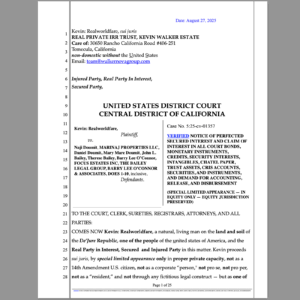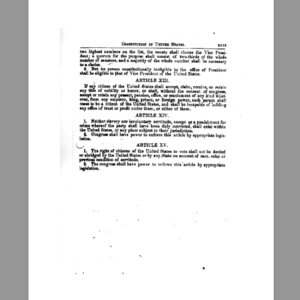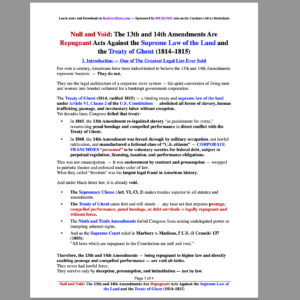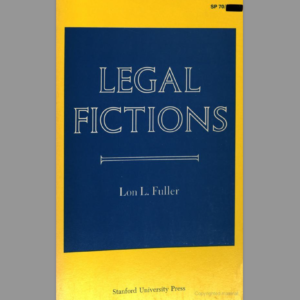1. Pro Se
- Literal Meaning: “For oneself” or “on one’s own behalf.”
- Legal Implications:
- A pro se litigant acts without an attorney and voluntarily submits to the court’s jurisdiction and procedural rules.
- Limitation: It does not explicitly reserve any rights or challenge the court’s jurisdiction. A person appearing pro se is presumed to be engaging fully within the court’s jurisdiction and framework.
2. In Propria Persona
- Literal Meaning: “In one’s own person.”
- Legal Implications:
- A litigant appearing in propria persona specifically rejects attorney representation to avoid any implication of diminished status or submission to jurisdiction not applicable to them.
- Critical Difference from Pro Se:
- In propria persona explicitly reserves natural rights, common-law rights, and protections under constitutional law.
- It signals that the individual is not voluntarily entering into a contract or waiving inherent rights by participating in the court process.
- Example in Practice: Filing pleadings “in propria persona” rather than pro se indicates a demand to be treated as a private individual under common law and not as an entity governed solely by statutory law.
A Supporting Source:
Black’s Law Dictionary (6th Ed.):
“In propria persona: A person who represents themselves in legal matters without a lawyer, specifically asserting their unalienable rights, not surrendering or waiving them by appearing.”
3. Sui Juris
- Literal Meaning: “Of one’s own rights.”
- Legal Implications:
- Declares the individual as fully competent to act in their own capacity, without legal disability (e.g., not a minor, ward, or trustee).
- Key Difference:
- A person declaring sui juris is asserting their legal independence and full control over their rights and property.
- Often tied to in propria persona declarations, where individuals claim authority over their legal person (e.g., the ALL-CAPS name in legal documents), while rejecting presumed contractual obligations imposed without consent.
- Relation to Jurisdiction:
- Claiming sui juris can challenge a court’s jurisdiction by emphasizing the individual’s unalienable rights, independent of statutory or administrative frameworks.
A Supporting Source:
Bouvier’s Law Dictionary:
“Sui juris: Possessing full legal rights and capacities; not under guardianship or legal incapacity.”
4. Jurisdiction and Pleading
- Jurisdiction Defined: A court’s authority to hear and decide a case. Without jurisdiction, any decision is null and void.
- Importance of Pleading:
- Entering a plea (pro se or through an attorney) is often interpreted as consenting to the court’s jurisdiction.
- By contrast, refusing to plead or appearing in propria persona allows an individual to challenge jurisdiction, potentially forcing the court to prove its authority.
Case Example: Federal Rules of Civil Procedure Rule 12(b)(1) permits challenges to jurisdiction at any stage of proceedings.
Key Difference Between Pro Se, In Propria Persona, and Sui Juris
| Term | Explicit Reservation of Rights | Challenge to Jurisdiction? | Submission to Court Framework? |
|---|---|---|---|
| Pro Se | No | No | Yes |
| In Propria Persona | Yes | Yes | No |
| Sui Juris | Yes | Yes | No |
Relevance to Common and Natural Law
- Natural Law: Recognizes unalienable rights, including the right to self-representation without diminished capacity.
- Common Law: Upholds an individual’s ability to act in propria persona or sui juris, as distinguished from statutory or corporate obligations imposed without consent.
Summary
- Pro se implies self-representation within the court’s established rules and jurisdiction.
- In propria persona and sui juris assert unalienable rights, reject unauthorized jurisdiction, and prevent the waiver of rights inherent under natural law and common law.
- By appearing in propria persona, individuals are legally stating they do not consent to statutory jurisdiction without a valid contract or clear evidence of obligation.












